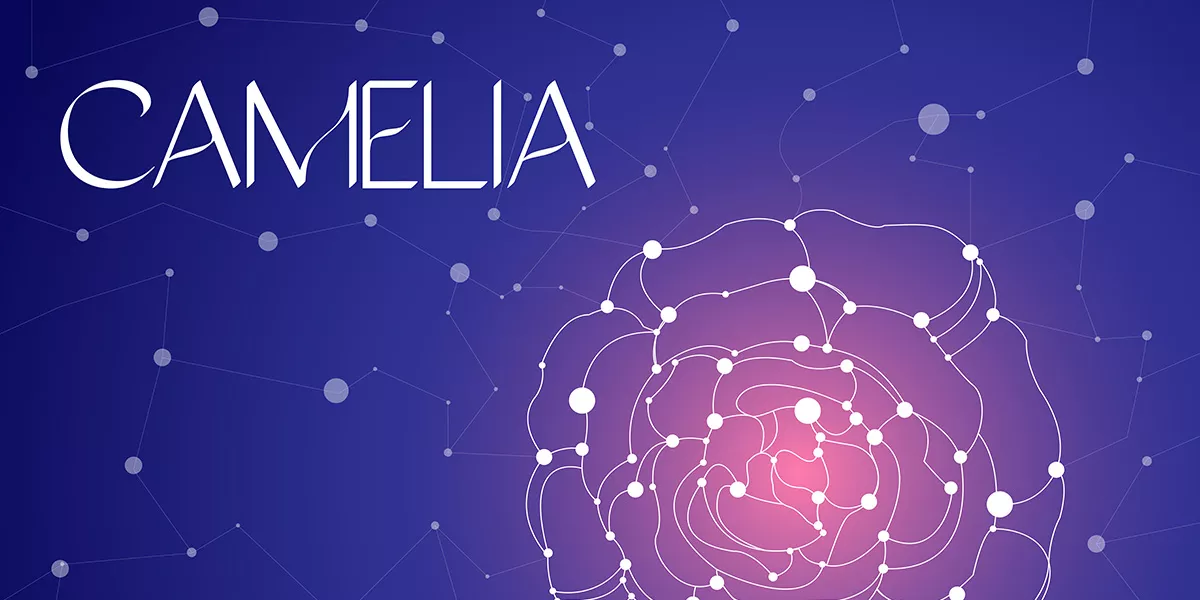CAMELIA
Creating knowledge for cultural tourism using artificial intelligence

Scheda del progetto






The CAMELIA project will develop and validate an end-to-end infrastructure capable of facilitating the provision and use of tourist content, with particular regard to cultural tourism. Solutions based on Artificial Intelligence and Machine Learning will be developed for the acquisition of territorial knowledge from unstructured sources (texts, open data, web pages, videos, etc.) and its transformation into systems that allow more effective research and usability of information. tourist information, suggesting, for example, routes, stages, travel/visit ideas, places of interest and content in line with the visitor's interests. The services offered by CAMELIA will be integrated and usable through the prototype of a cloud-based platform and validated by end users thanks also to the collaboration of four municipalities, in Puglia (Apulian baroque area) and Sardinia (park and museum of historical mining sites) .
Contacts:
Domenico Truppi
The proposal of Horsa Way and Visioscientiae is focused on the generation of appropriate Knowledge Graph (KG) in the tourism and cultural fields, using innovative artificial intelligence techniques that exploit the potential of recent generative language models, namely the Large Language Model (LLM), as well as on the development of algorithms and platforms that implement specific services with contextual or personalized targeting systems. The creation of a graph dedicated to cultural tourism will encourage the valorisation and promotion of our cultural heritage.
Knowledge Graphs (KG) are tools aimed at providing a structured representation of knowledge. A KG semantically connects concepts, entities, and relationships in a meaningful and easily interpretable way. Furthermore, LLMs allow the development of advanced techniques for generating and exploiting knowledge graphs to create highly scalable tools, capable of extracting information (explicit and implicit) from different sources (structured and unstructured), efficient and easily accessible, improving both the quality of the graph, and the experience of the user who uses the implemented services.
The CAMELIA platform aims to develop a semantic layer that can be used by digital services for tourism, from promotion to research, and the personalized construction of travel and visit solutions in the area, proposing itself as a reference for the creation of an integrated tourism ecosystem that includes operators, businesses, public bodies, agencies and institutional subjects. It will be able to provide advanced tools to help tourists and citizens in choosing destinations and planning and enjoying the trip. The solutions developed during the project will allow an increase in the quality and quantity of information available on the cultural and tourist heritage of the territories involved at a national and international level, promoting greater visibility and valorisation. Furthermore, thanks also to greater collaboration and sharing between the different communities and cultural institutions involved in the project, greater competitiveness and innovation of operators in the sector will be promoted.
